Music in Cincinnati
Cellist David Geringas Joins Ariel Quartet for Season Finale
Cincinnati will have its own Beethoven cycle next season, thanks to the Ariel String Quartet, quartet-in-residence at the University of Cincinnati College-Conservatory of Music.The announcement was made at the ensemble’s final concert of the season Tuesday evening in Werner Recital Hall at CCM. There will be six concerts -- in January, February and March, 2014 -- featuring all of Beethoven’s string quartets (17, including the Grosse Fuge, Op. 133).
On the program for Tuesday’s concert was -- you guessed it -- Beethoven’s String Quartet Op. 18, No. 1, a kind of a “teaser,” said violinist Gershon Gerchikov in remarks to the audience.
David Geringas
The concert was distinguished by the appearance of renowned cellist David Geringas, who joined the Ariel Quartet in “David’s Song” by Lithuanian composer Anatolijus Šenderovas and the String Quintet in A Major, Op. 39, by Alexander Glazunov.The opening bars of the Beethoven’s first quartet testified to the remarkable ensemble unity of the Ariel. And it’s no wonder, since they have been performing together since childhood in Israel. There is a connectedness in their playing that extends beyond mere rhythmic and metrical precision into conceptual unity. A common artistic goal shines through their playing, one to which they all contribute with acute sensitivity to each other’s roles in the process.
After the exhilarating Allegro con brio (with emphasis on the brio), they gave the Adagio equal depth of interpretation. Marked affettuoso ed appassionato (Beethoven was supposedly inspired by the tomb scene in “Romeo and Juliet”), they filled it with hyper-romantic intensity. The Scherzo which followed was full of zip and élan, as was the finale, which if anything, may have been too swift for optimum projection, though it clearly demonstrated the players’ virtuosity.
Šenderovas composed “David’s Song” (2006) to honor Geringas’ 60th birthday. Obviously, he had his tongue firmly planted in his cheek for this affectionate portrait, which pits the cello against the quartet to hilarious effect. It began with a kind of swashbuckling prelude by the solo cello, answered meekly (muted) by the quartet. After more display by the cello, the Ariel’s mutes came off and first violinist Gerchikov offered a lyrical moment of his own. Geringas then took over with a kind of lament over soft ricochet bowing by the Quartet, which was cut short by the sound of the players tuning their strings. This lightened the mood and everyone joined in a lively dance which grew raucous, however, with the Ariel slapping their instruments and cellist Amit Even-Tov finally rising to her feet and calling for Geringas to stop. “Maybe you like to dance with me?” he said. “OK, let’s go.”
And go they did, but not without some further exchanges in which Even-Tov lowered her lowest string, Geringas offered some despairing pizzicato arpeggios and Gerchikov essayed a melancholy theme. Not to worry, however. It was all in fun. To close, the ensemble joined in a merry little song, the players vocalizing along with it, Even-Tov’s cello providing the bass line. Geringas signed off with a saucy little riff and the encounter ended on a cheerful, conciliatory note.
Violinists Gerchikov and Alexandra Kazovsky switched places for Glazunov’s String Quintet, which comprised the second half of the program. Composed in 1892, it is a highly appealing, romantic work that deserves to be heard more often. Violist Jan Grüning opened the lovely, lyrical Allegro, a movement in sonata form with a distinctly sweet subordinate theme. The playful Scherzo utilizes pizzicato (much as Debussy and Ravel would do later in their string quartets). The Andante sostenuto was an outpouring of melody where everyone got the chance to sing. The Finale was dance-like and exuberant, with contrasting lyrical episodes and a frolicsome run-up to the end.
Geringas, who is visiting CCM this week, will perform with pianist James Tocco of the CCM faculty and guest artist Itamar Zorman, violin, at 8 p .m. Thursday in Werner Hall. Their program includes Hindemith’s Violin Sonata, Op. 31, Mieczyslaw Weinberg’s Cello Sonata No. 2, Op. 63, and Tchaikovsky’s Piano Trio in A Minor, Op. 50. Admission is free.
by MARY ELLYN HUTTON
